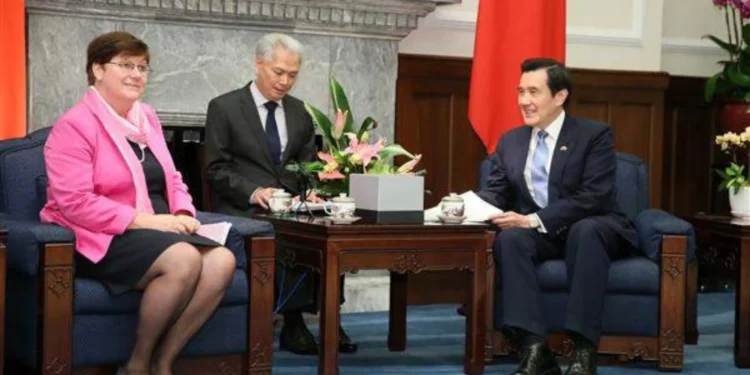Brussels (Brussels Morning – June 20, 2014) In response to inquiries regarding language balances in the appointment of a top magistrate in Brussels, Sonja Becq has offered insights into the considerations and processes involved in this significant decision. As the issue of language representation continues to be a focal point of discussion in Belgium, Becq’s remarks shed light on the complexities of ensuring linguistic diversity and inclusivity in key positions of authority. With the appointment of top officials bearing implications for governance and societal cohesion, Becq’s perspective offers valuable insights into the efforts to uphold linguistic balance in the Belgian legal system.
What Factors Influence Language Balances in the Appointment Process?
Sonja Becq’s comments on language balances in the appointment of top magistrates in Brussels provide a nuanced understanding of the factors influencing this critical decision-making process. “The appointment of top officials in Brussels requires careful consideration of linguistic representation to ensure equity and inclusivity,” noted Becq, emphasizing the importance of maintaining linguistic balance in key positions of authority. The linguistic diversity of Brussels presents unique challenges and opportunities, requiring stakeholders to navigate complex linguistic dynamics while upholding principles of fairness and transparency.
Becq’s remarks highlight the efforts to strike a delicate balance between linguistic communities in the appointment process, recognizing the significance of linguistic representation in fostering social cohesion and unity. “We must strive to ensure that all linguistic communities are adequately represented in the Belgian legal system,” remarked Becq, underscoring the commitment to promoting linguistic diversity and inclusivity in governance. By addressing questions of language balances in the appointment of top magistrates, Becq provides valuable insights into the mechanisms employed to uphold linguistic equity and respect linguistic rights in the Belgian context.
Implications for Linguistic Diversity and Inclusivity
The appointment of top magistrates in Brussels carries significant implications for linguistic diversity and inclusivity, reflecting broader efforts to promote multilingualism and respect linguistic rights in Belgian society. Becq’s comments underscore the importance of fostering a culture of linguistic tolerance and understanding, where individuals are afforded equal opportunities regardless of their linguistic background. “Language should never be a barrier to access to justice or participation in public life,” noted Becq, highlighting the imperative to create an inclusive legal system that accommodates the linguistic diversity of the Belgian population.
The remarks from Sonja Becq also emphasize the need for proactive measures to address linguistic imbalances and promote linguistic equality in governance structures. “We must remain vigilant in our efforts to uphold linguistic diversity and ensure that all linguistic communities have a voice in decision-making processes,” remarked Becq, emphasizing the importance of fostering dialogue and collaboration across linguistic lines. By prioritizing linguistic balance in the appointment of top magistrates, Belgian authorities reaffirm their commitment to upholding the principles of linguistic equity and promoting social cohesion in a diverse and multicultural society.
In conclusion, Sonja Becq’s insights into language balances in the appointment of top magistrates in Brussels provide valuable perspectives on the efforts to promote linguistic diversity and inclusivity in Belgian governance. As Belgium grapples with questions of linguistic representation and equity, Becq’s remarks offer a roadmap for navigating the complexities of linguistic dynamics while upholding principles of fairness and transparency. By addressing questions of language balances in the appointment process, Belgian authorities demonstrate their commitment to fostering a society where linguistic diversity is celebrated and linguistic rights are respected.




